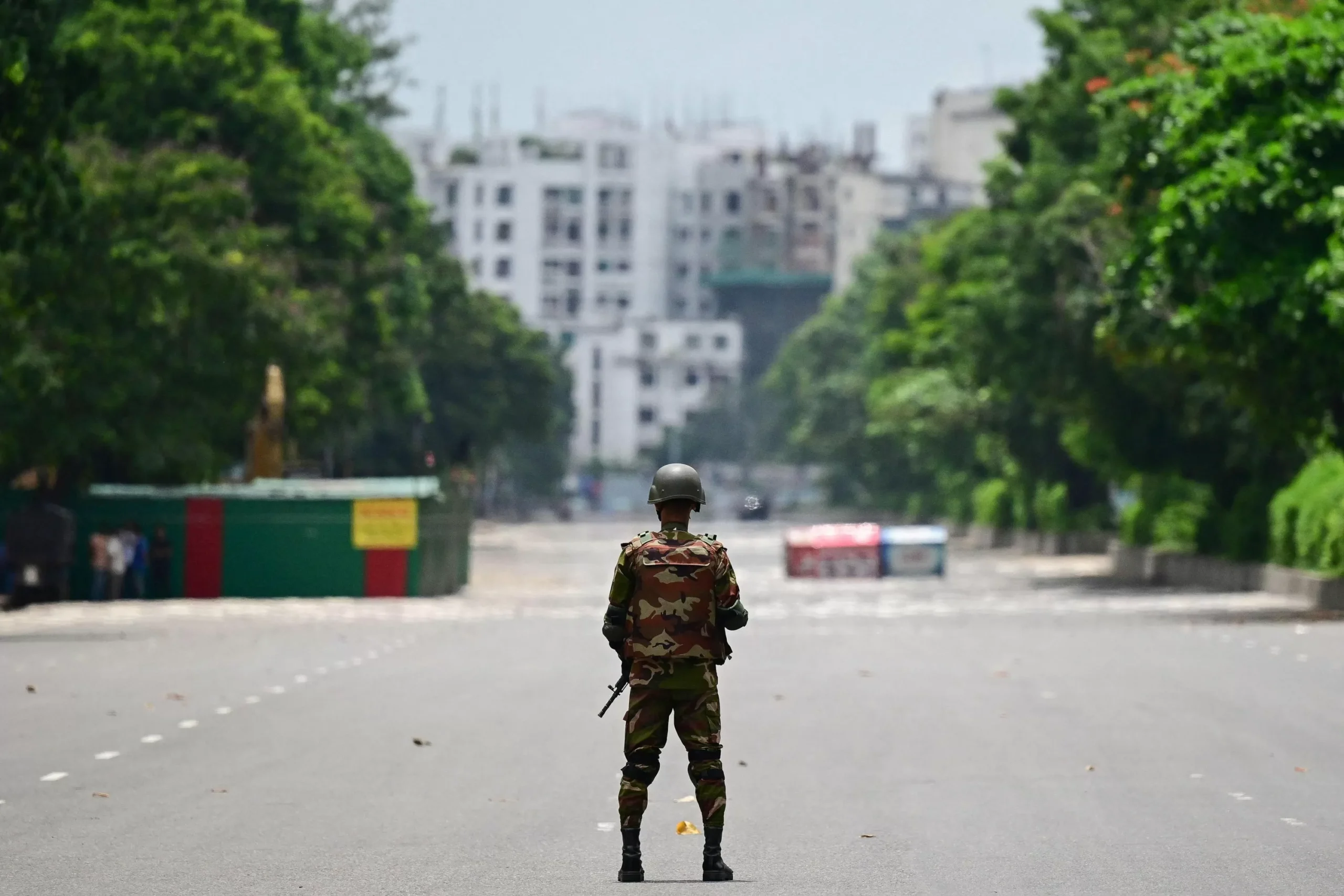Bangladesh has been making headlines recently for its crackdown on student protests that turned violent and resulted in the deaths of at least 163 people. The government has taken swift action, arresting over 500 individuals, including several opposition leaders, in connection to the protests. This move has been met with mixed reactions, with some praising the government for maintaining law and order, while others criticize the arrests as a violation of human rights.
The protests began on July 29th, when two students were killed by a speeding bus in the capital city of Dhaka. The incident sparked outrage among students, who took to the streets to demand justice and safer roads. What started as a peaceful demonstration soon turned violent, with clashes between protesters and law enforcement. The situation escalated quickly, with reports of vandalism, arson, and attacks on police officers.
In response, the government declared a week-long ban on all public gatherings and deployed thousands of security personnel to maintain order. They also shut down mobile internet services in an attempt to prevent the spread of rumors and misinformation. However, the violence continued, and the death toll continued to rise.
Amidst the chaos, the government took a tough stance and launched a massive crackdown on those involved in the protests. Over 500 individuals, including several opposition leaders, have been arrested on charges of inciting violence and disrupting public order. The arrests have been met with criticism from human rights organizations, who claim that the government is using excessive force and violating the rights of its citizens.
However, the government maintains that the arrests are necessary to restore peace and stability in the country. In a statement, Prime Minister Sheikh Hasina said, “We will not tolerate any form of violence and anarchy in our country. The law will take its course, and those responsible for the violence will be brought to justice.”
The swift action taken by the government has been praised by many, who believe that it was necessary to prevent the situation from spiraling out of control. The protests had already caused significant disruptions to daily life, with businesses and schools forced to shut down. The government’s actions have helped to restore a sense of normalcy and calm in the country.
Moreover, the arrests have also sent a strong message to those who seek to disrupt the peace and stability of the nation. Bangladesh has been making significant progress in recent years, with a booming economy and improved infrastructure. The government is determined to maintain this progress and will not tolerate any attempts to derail it.
In addition to the arrests, the government has also taken steps to address the demands of the students. They have promised to review and amend the existing traffic laws to ensure road safety and have also initiated a crackdown on reckless driving. These measures show that the government is listening to the concerns of its citizens and taking steps to address them.
It is also worth noting that the majority of the protests were peaceful, with students using their voices to demand change. The government has acknowledged this and has assured that peaceful protests will be allowed in the future. This is a positive step towards promoting freedom of expression and allowing citizens to voice their opinions without fear of reprisal.
In conclusion, while the arrests may have sparked controversy, it is essential to understand the context in which they were made. The government’s actions were necessary to restore peace and stability in the country and prevent further loss of life. The arrests also send a strong message that the government will not tolerate any attempts to disrupt the progress of the nation. It is now time for all parties to come together and work towards finding a peaceful resolution to the issues at hand. Bangladesh has shown resilience in the face of adversity, and with the support of its citizens, it will continue to move forward towards a brighter future.






![Complete BritRail Pass Guide [Types, How to Use It, Pros + Cons]](https://inside-news.uk/wp-content/uploads/2025/06/00221EB4-BCA2-4DBB-6CD4-83DBC37D71FA-120x86.webp)














